Things to remember about ethical fashion
-
A necessity : Ethical and eco-responsible fashion is no longer a simple option but an essential response to the excesses of fast fashion and overconsumption.
-
Committed brands : By choosing brands like IKO & NOTT , you support fair, environmentally friendly practices and contribute to a more sustainable world.
-
Natural materials and local manufacturing : Ethical fashion values the use of natural materials, sustainable products, and local production, combining style, comfort and respect for the planet.
-
A greener future : Every action counts, whether it is gradually integrating ethical pieces into your wardrobe or opting for responsible brands, thus contributing to an environmentally friendly future.
Ethical fashion is more than just a trend, it is a silent revolution that challenges the very principles of clothing consumption in the modern world. Faced with the ravages of fast fashion , this rapid model of mass creation that depletes natural resources, degrades the environment and exploits poorly paid workers, it has become crucial to rethink our way of consuming. Ethical and eco-responsible fashion offers a sustainable alternative that meets these contemporary challenges. This article takes you on a journey to discover what it truly means to adopt a fashion that respects humans and the planet.
What is ethical fashion?
Ethical fashion is based on two pillars: respect for the environment and fair working conditions. This translates into responsible design, respecting the rights of workers in producing countries, while minimizing the ecological impact of clothing. Unlike fast fashion, which produces collections on a mass scale, ethical fashion aims to slow down the pace of consumption.
One of the major elements of ethical fashion is the use of natural or recycled materials such as organic cotton , linen, or fibers made from plastic waste. The goal is to extend the life of products while reducing their carbon footprint. The creation of these clothes requires rigorous processes that include reducing the use of water and harmful chemicals.
Why is fast fashion harmful?
Fast fashion has taken over the global fashion market by offering clothing at very low and accessible prices . While these products may seem attractive at first glance, the real cost is much higher for the environment and communities.
The environmental impact of fast fashion is colossal: every year, tons of clothing are made from non-biodegradable synthetic fibers, such as polyester, which is derived from oil. These fibers pollute the oceans in the form of microplastics, affecting marine life and water quality. In addition, large-scale manufacturing requires immense amounts of water and chemicals. For example, to produce a simple conventional cotton t-shirt, up to 2,700 liters of water are needed, leading to a depletion of water resources in producing countries , particularly in Asia.
In addition, fast fashion is based on a model of worker exploitation. Workers, often in factories in Asia or Africa, work in precarious conditions, for miserable wages, without social security or guarantees of decent working conditions. This capitalist model accentuates inequalities in the world and threatens the well-being of local populations.
The advantages of ethical and eco-responsible fashion
Adopting ethical fashion means choosing sustainable and quality clothing that respects the environment and human rights. Here are some key benefits of this approach.
Reducing carbon footprint
Ethical clothing manufacturing uses more sustainable fibers and materials , such as organic cotton , which require less water and chemicals. Additionally, some brands use recycled materials, such as plastics recovered from the oceans, helping to reduce waste.
One of the basic principles of ethical fashion is to reduce the environmental impact as much as possible. This involves a local approach, favoring short circuits. Thus, many French and European brands choose to produce in France , Portugal , or other European countries. This choice helps reduce the carbon footprint linked to the transport of clothing.
Supporting local small businesses
Choosing ethical fashion brands means supporting local artisans and companies that respect transparent practices. Many ethical brands are committed to fair working conditions, guaranteeing fair wages to workers.
In France, many brands are emerging with eco-responsible initiatives. They offer clothing and accessories made in France or Europe, and guarantee an ethical and sustainable approach. These brands also promote local know-how and help support an economy that is more respectful of people and the planet.
How to integrate ethical fashion into your wardrobe?
Embracing ethical fashion doesn’t mean immediately revolutionizing your entire wardrobe. Here are some simple steps to get started:
Buy less, but better
One of the first steps is to buy fewer clothes, but of better quality. Opting for timeless and durable pieces that will not go out of style in a few months is an effective way to reduce your consumption . It also allows you to invest in items that are carefully made, with eco-friendly materials and environmentally friendly processes.
Opt for recycled or second-hand clothing
Another approach is to buy recycled or second-hand clothing. More and more brands are offering clothes made from recycled materials, including textile fibers or plastic bottles. It is also possible to adopt slow fashion by choosing second-hand clothing, or by practicing upcycling , a technique that consists of giving new life to old clothes.
Labels to know for truly ethical fashion
There are several labels that guarantee that the clothes you buy meet the criteria of ethical fashion . These labels are essential to ensure that products are manufactured responsibly.
- GOTS (Global Organic Textile Standard) : This label guarantees that textiles are made from organic fibers and that the working conditions of employees are respected.
- Oeko-Tex : This label guarantees that textiles do not contain harmful substances.
- PETA Approved Vegan : It certifies that the products do not contain any material of animal origin.
- Fairtrade : This label guarantees that workers involved in manufacturing have received a fair wage.
How is IKO & NOTT an ethical brand?
IKO & NOTT, a French brand specializing in shoes , perfectly embodies the values of ethical and eco-responsible fashion. Here's how:
Recycled and organic materials
IKO & NOTT is committed to using environmentally friendly materials , such as recycled leather and plastic, as well as organic cotton for its laces. By incorporating recycled materials into its products, the brand contributes to reducing waste and making its products more sustainable.
Local and ethical manufacturing in Europe
IKO & NOTT shoes are manufactured in Europe , specifically in Portugal and France , in workshops that respect strict labor standards and transparent conditions. This ensures that workers are treated fairly, with fair wages and safe working conditions.
Durable design and comfort
IKO & NOTT combines contemporary design with environmental commitment. Their products are built to last, with high-quality materials and attention to detail that ensures their durability. The brand offers shoes that are both responsible and comfortable, perfect for consumers who are concerned about their ecological impact .









